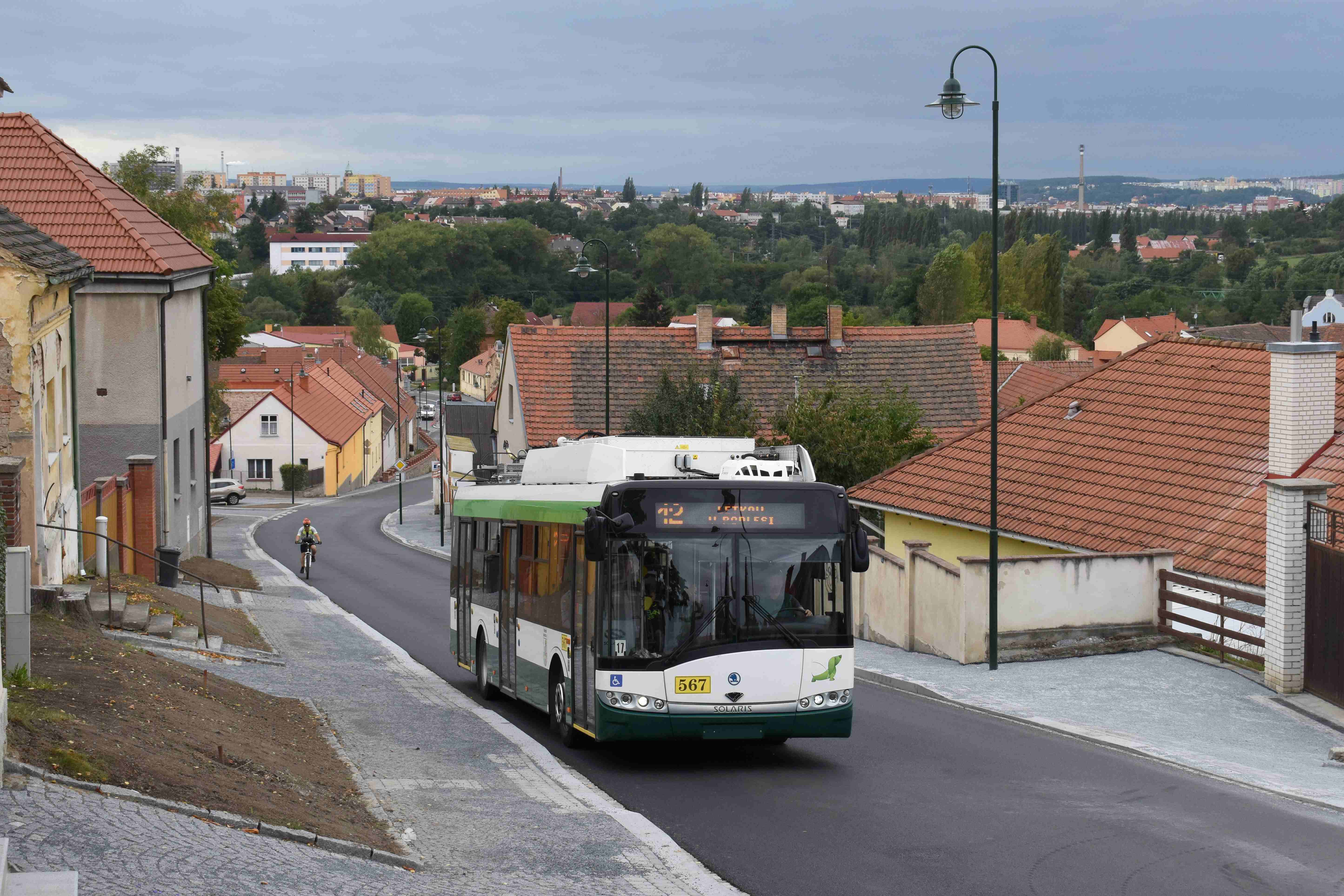The 171 000 residents of Pilsen, South-West Czechia are enjoying more environmentally friendly public transport options, thanks in part to an investment from the ERDF. Pilsen’s transport company secured EU funding to help purchase 19 low-floor, battery-powered trolleybuses for a number of routes across the city.
- 22 April 2021
“Environmental friendliness has long been an important feature of Pilsen's urban transport. Up to two-thirds of our transport performance is provided by tram and trolleybus transport – a modern means of e-mobility.”
The new trolleybuses provide comfortable, pollution-free travel options for the city’s commuters. Each one is 12 m long, and their low-floor entry provides capacity for 94 passengers. Elderly, disabled and infirm city residents and visitors will particularly enjoy the easier access provided by the new fleet. Unlike Pilsen’s older trolleybuses, the new cabs have two platform spaces for the transport of prams and wheelchairs.
Best in modern battery technology
Each trolleybus has a minimum range of 12 km on a full battery charge – available even in the most difficult conditions such as negotiating dense traffic or hilly terrain. The range does not decrease in winter, when the battery is used to heat the cabin interior. The new fleet is being used outside Pilsen’s main trolleybus network. Their independent traction means that they can keep running in the event of an accident or lockout on the main network. They can charge their battery packs while on the move, not just when plugged in to charging points, like the older electric models.
Emission-free goals
The Pilsen City Transport Company operates 49 routes across the city and in outlying suburban areas, on which it provides more than 15 million vehicle kilometres of travel per year. A major feature of the city’s municipal transport system is its low environmental impact. Two-thirds of kilometres travelled are delivered through trams and trolleybuses classed as e-mobility vehicles. Buses mainly serve the outskirts of the city. Over the long term, the company intends to replace all its remaining diesel trolleybuses with battery-powered, emission-free alternatives.
Total investment and EU funding
Total investment for the project “Purchase of low-floor trolleybuses for public transport in Pilsen” is EUR 7 948 235, with the EU’s European Regional Development Fund contributing EUR 6 755 999 through the Integrated Regional Operational Programme for the 2014-2020 programming period. The investment falls under the priority “Competitive, accessible and secure regions”.

